Last Updated: 11/08/2025
Maine Coon Cat | Breed Guide
Discover our comprehensive Maine Coon Breed Guide, written by our expert vet team. It's packed with essential facts and practical care tips on health, grooming, and nutrition to help you provide the best for your gentle giant.
Author: Dr Teagan Lever BVSc (Hons)
Reading Time: 7 minutes - short read
Often dubbed as 'gentle giants' or 'dogs of the cat world', Maine Coons are large cats with a reputation for having an easy going and friendly nature. Although the Maine Coon is laid back, they are a highly intelligent breed and do best with regular interactive play to keep their bodies and minds active.
All about Maine Coon cats
Place of origin
USA
Weight range
Female: 4 to 7kg, Male: 6 to 11kg
Coat type
Long, straight
Height range
25-41cm
Coat colours
White, Black, Blue, Red, Cream, Brown, Silver, Tortoiseshell, Bluecream, Golden
Life expectancy
9-13 years
Coat markings
Solid, Bicolour, Tortoiseshell, Calico, Tabby, Smoke, Shaded
Grooming needs
High
Shedding factor
High
Health issues
Heart, joint, kidney
Eye colour
Green, gold or copper. White cats and cats with white may have blue or odd eyes
Energy level
Medium
Family suitability
Suitable for most households
Tendency to vocalise
Medium
Compatability with other pets
High
Trainability
High
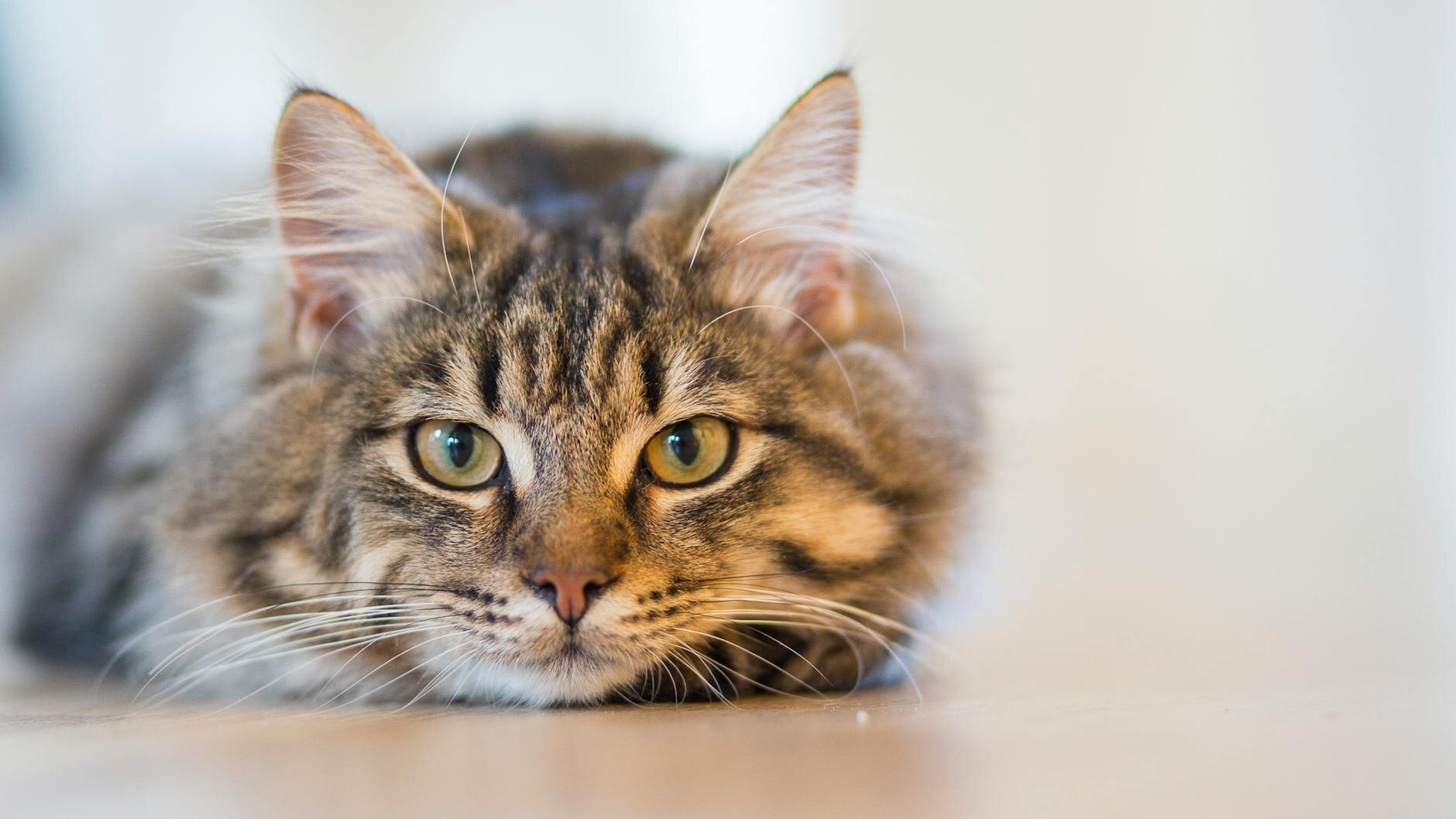
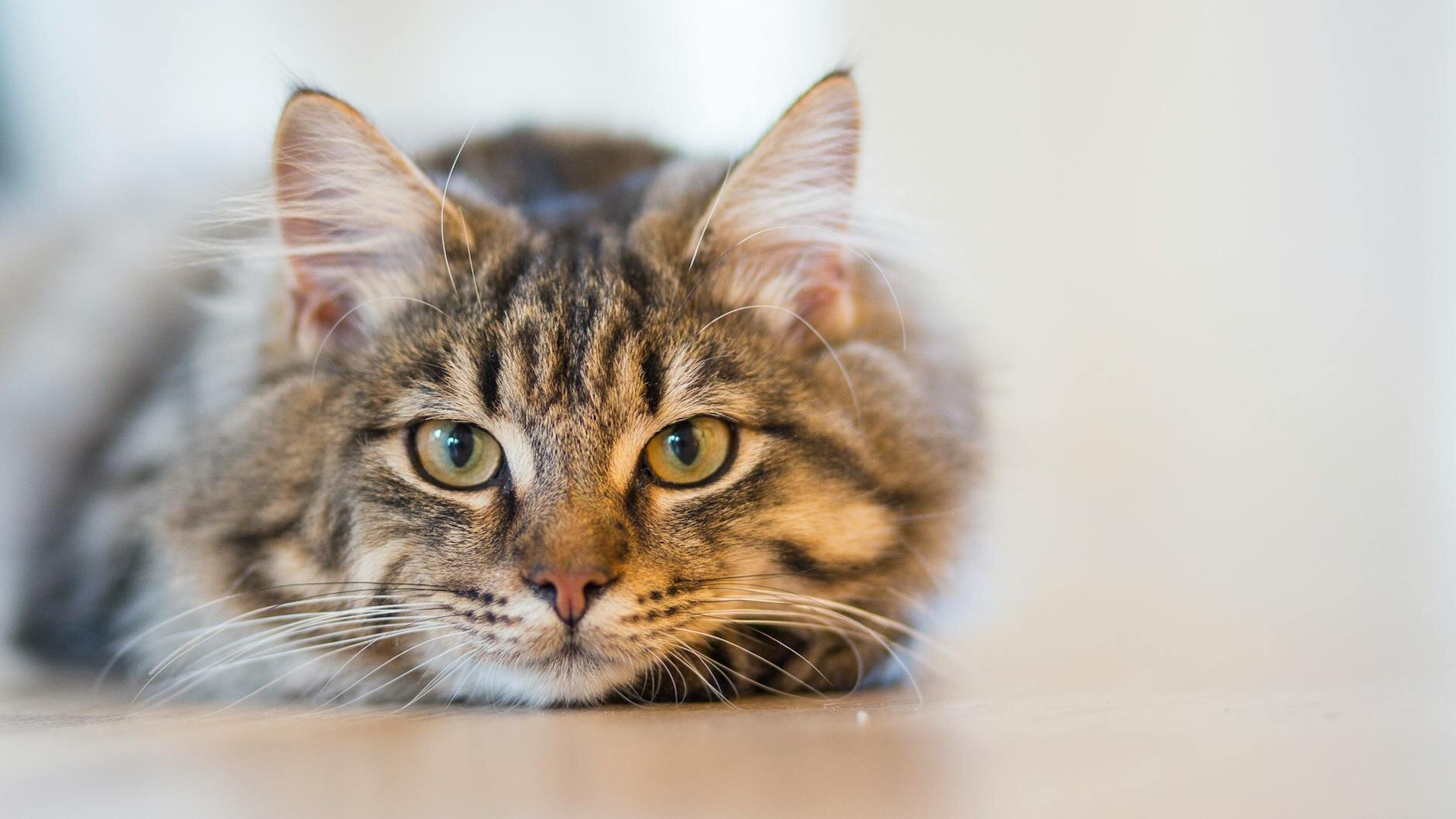

Nutrition
Feeding a high quality diet that is tailored to your Maine Coon's age and size will help to keep them healthy and happy. Getting nutrition right can help to prevent, reduce or manage some commonly occurring health conditions in Maine Coons such as urinary issues and weight gain.
Best food for adult Maine Coons
As Maine Coon cats can have a predisposition to weight gain, a food with a moderate calorie level and nutrition geared towards joint and heart health is an ideal choice. Feeding regular wet food meals along with dry kibble is a simple way to increase your Maine Coon's water intake to ensure adequate hydration and help support urinary tract health.
What to look for
Modified energy content to help maintain a healthy weight
Optimised urine pH and balanced mineral levels for urinary health
Nutraceuticals such as fish oil or green lipped mussel powder for joint support
Vet picks
Best food for Maine Coon kittens
When choosing food for a Maine Coon kitten, it's crucial to support their unique development into one of the largest domestic cat breeds. Opt for a high-quality, kitten-specific formula that provides ample protein from real meat sources, like chicken or fish, to build the strong muscles needed to support their large frame.
As they have a longer growth period than other cat breeds, Main Coon kittens should ideally be fed a kitten-specific diet until at least 15 months of age. A combination of both wet and dry food is often ideal to ensure they receive plenty of hydration while also supporting dental health.
What to look for
Balanced energy, vitamins and minerals to support growth and development
Highly digestible formula to help prevent tummy upsets
DHA for healthy brain and eye development
Vet picks
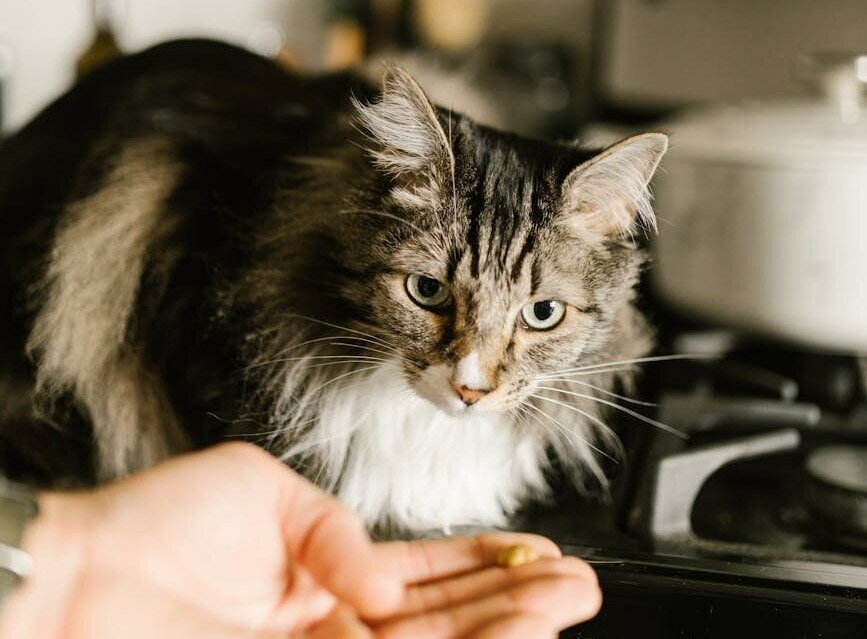
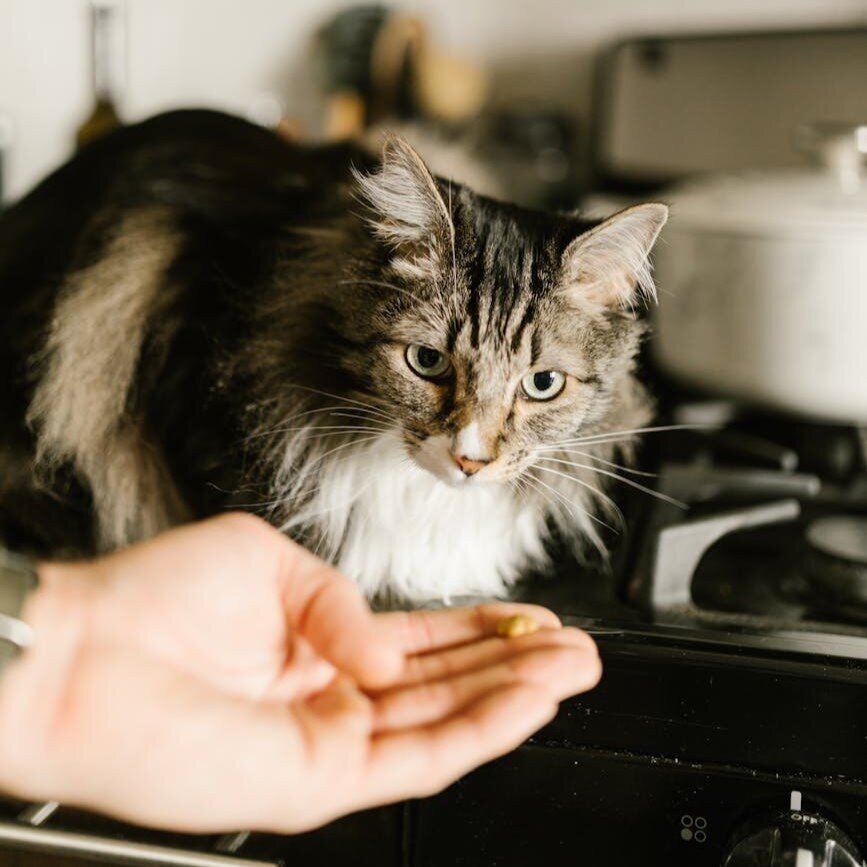

Flea & worming
Keeping your Maine Coon protected year round against common parasites is essential to maintaining their health, even if they live entirely indoors. This should include coverage against fleas, ticks, heartworm and intestinal worms.
Best flea and worming treatments for Maine Coon cats
Modern all-in-one spot-on treatments are often the most convenient and comprehensive option, protecting against fleas, heartworm, intestinal worms, and, most critically, the life-threatening paralysis tick. Given their significant body weight, it is absolutely essential to use a product rated for their specific size range to ensure effectiveness, as under-dosing can leave them unprotected.
What to look for
Spot on treatments for easy dosing
All in one products for simplicity
Always double check the weight range to ensure an effective dose
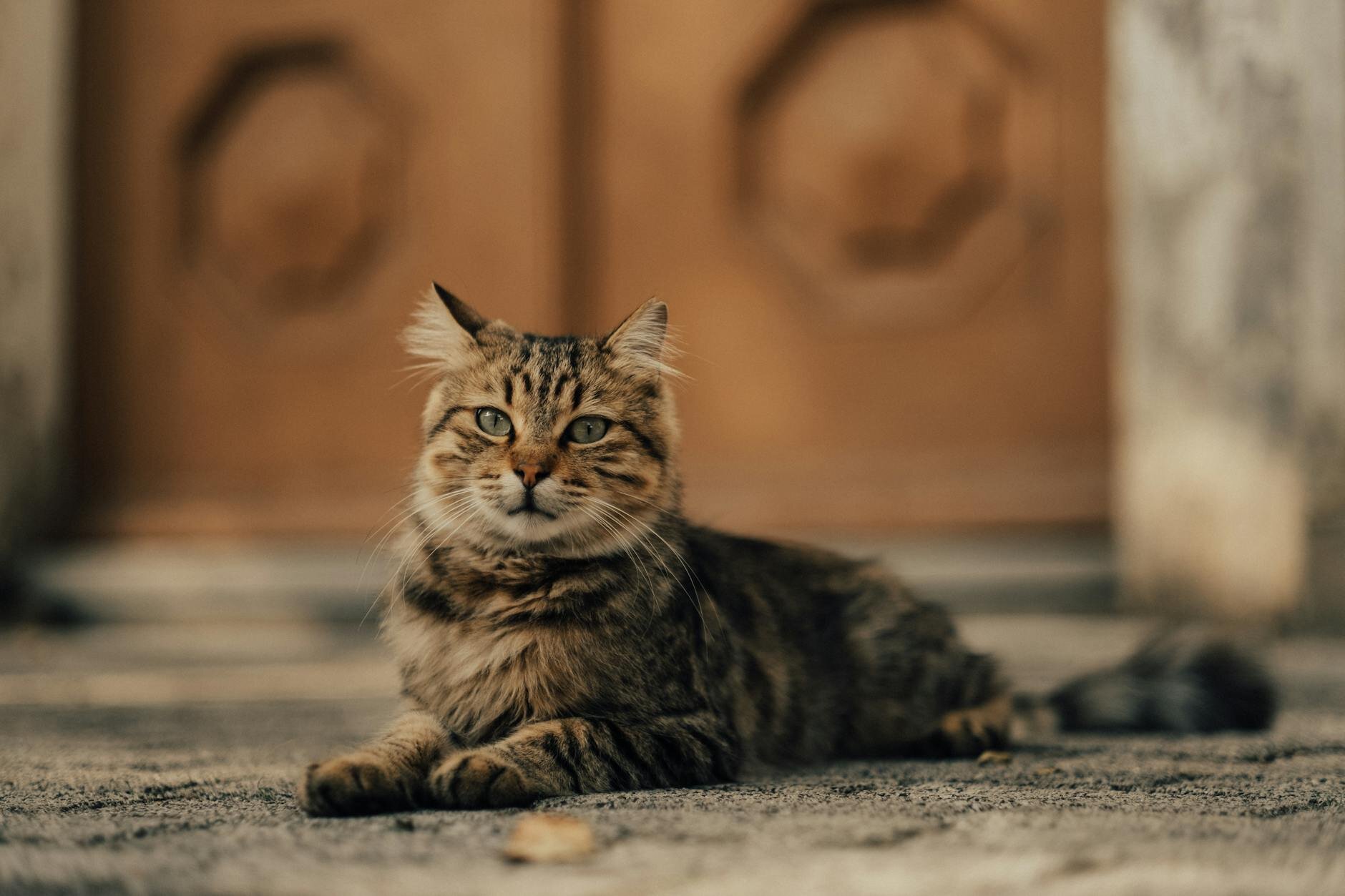
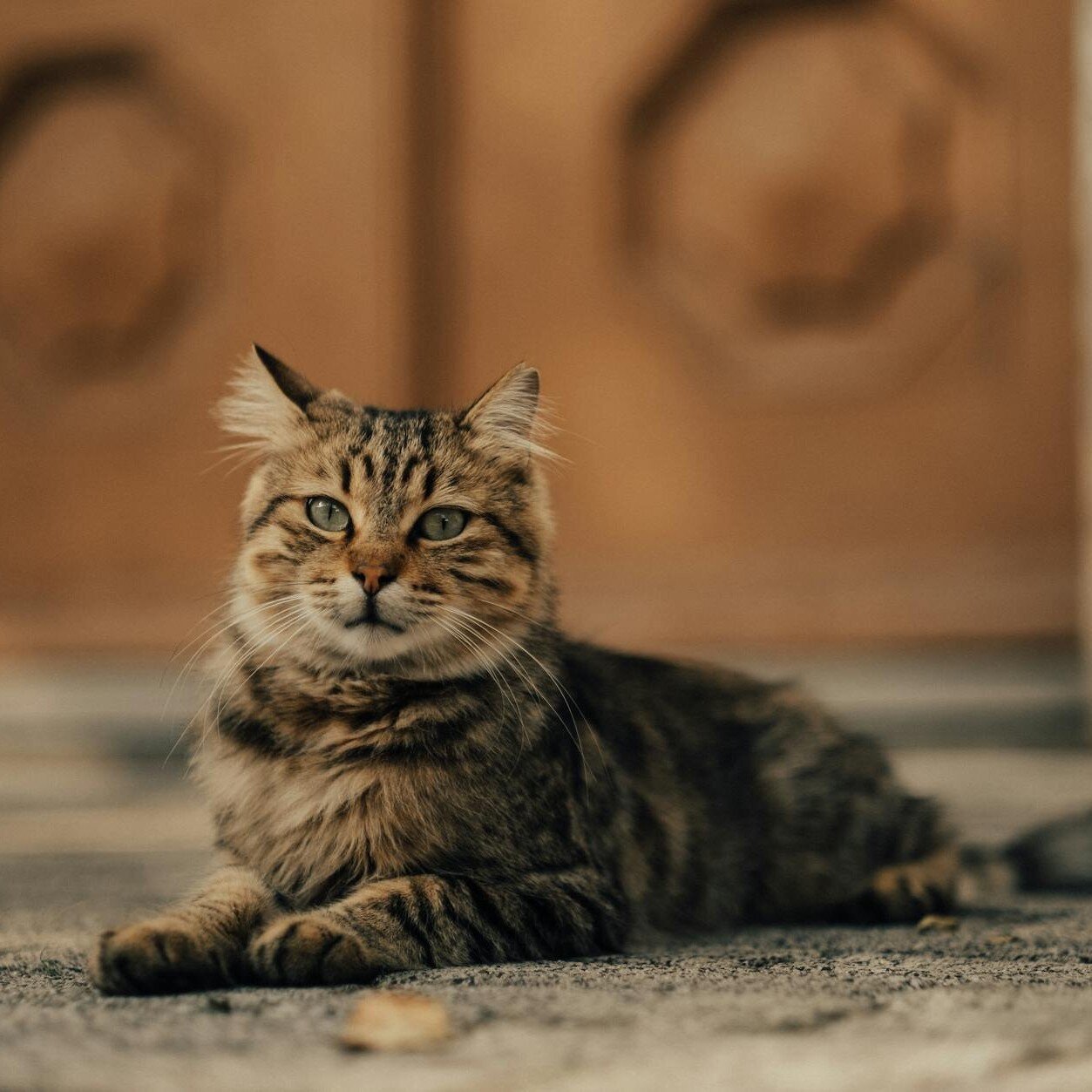

Health
Hip dysplasia, a malformation of the hip joint that can lead to arthritis, is a common issue in Maine Coons, particularly given their large size. At-home management strategies include maintaining a healthy weight to reduce stress on the joints and joint supplements.
Best products for weight management in Maine Coon cats
Feeding a therapeutic veterinary diet lower in calories with tailored levels of protein and fibre can help overweight and obese Maine Coons reach a healthy body condition while also preventing hunger between meals. In addition, using slow feeders or treat dispensing toys to slow down eating may also help to promote feelings of satiety and reduce begging between meals. Remember that it's essential to consult your veterinarian before starting your pet on a veterinary diet or embarking on a weight loss plan.
What to look for
Veterinary diets designed for weight loss while also promoting satiety
Slow feeders and treat dispensing toys to slow down mealtimes
Lower calorie treat options
Best products for managing arthritis in Maine Coons
Osteoarthritis (also known as arthritis) in cats occurs when the cartilage within a joint breaks down, resulting in pain, inflammation and impaired mobility. It is best managed through a multimodal approach, combining a variety of therapies and treatments to help reduce inflammation and pain, support joint health and promote better mobility.
The signs of osteoarthritis in cats are often subtle. Affected cats may simply seem less active, sleep more, and groom less frequently. You might also notice a reluctance to jump onto high surfaces or aggression when they are touched or handled. If you observe these signs, veterinary attention is crucial.
Osteoarthritis can be effectively managed through a multi-faceted approach. In addition to medication such as anti-inflammatories, there are a variety of ways that you can support your cat's joint health and mobility, such as with joint support supplements and therapeutic veterinary diets.
For cats with a diagnosis of osteoarthritis, products containing anti-inflammatory active ingredients such as green lipped mussel powder, turmeric or fish oil can help to reduce symptoms. Being overweight or obese can also exacerbate osteoarthritis, so weight management in these pets is also very important. Using mobility support aids such as ramps, stairs and support slings, as well as supportive bedding will also help to keep cats with osteoarthritis more comfortable.
What to look for
Joint support supplements based on marine sources of omega fatty acids such as green lipped mussel powder or fish oil
Veterinary diets that provide support for mobility
Well-padded, supportive beds
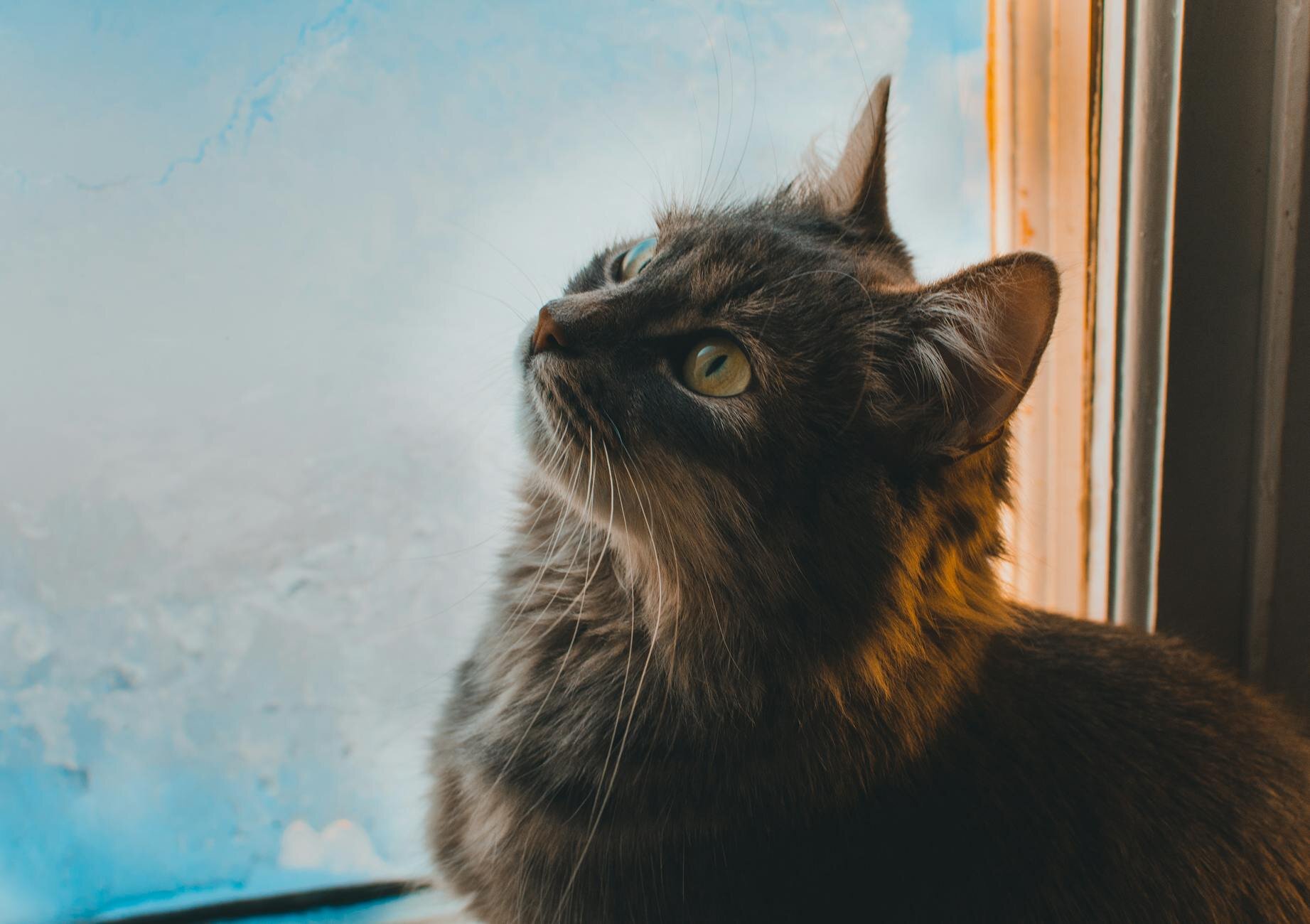
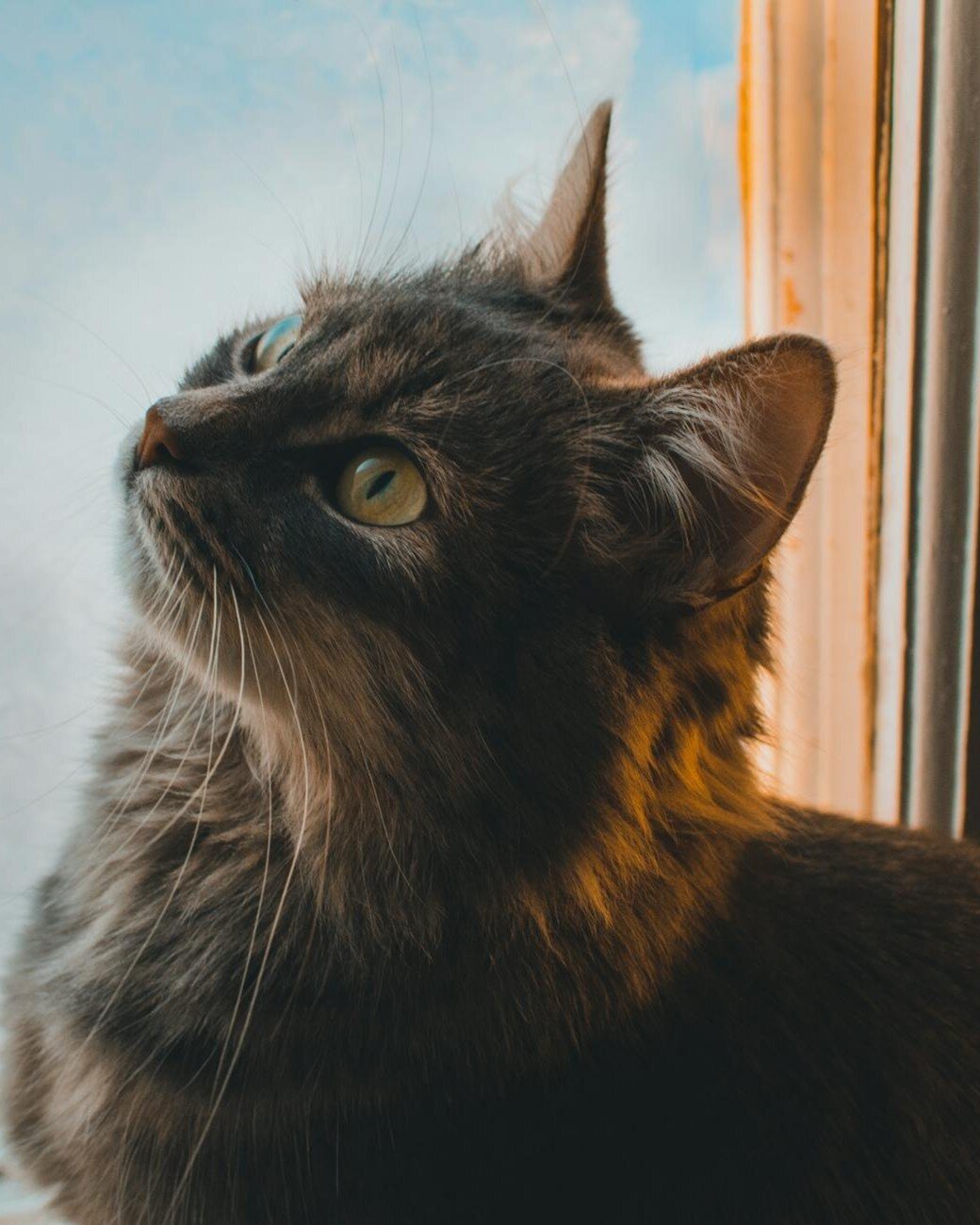
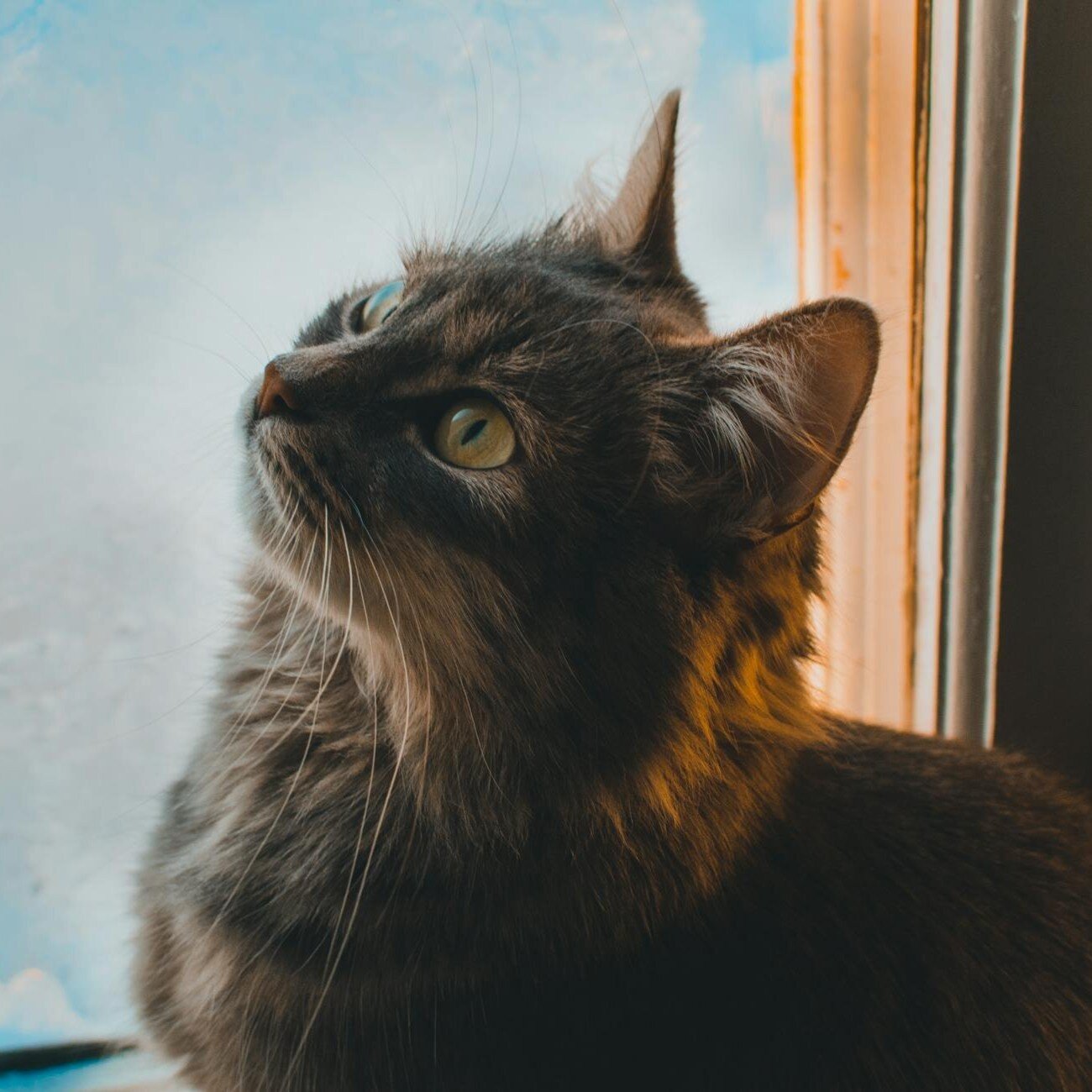
Training and activity
Training Maine Coon cats can be a rewarding experience due to their remarkable intelligence and "dog-like" personalities. They are often eager to please and quick to learn, making them highly trainable. The most effective approach is positive reinforcement, using rewards such as treats, praise, or playtime to encourage desired behaviours. Short, frequent training sessions are ideal to maintain their interest.
Best toys for Maine Coon cats
The Maine Coon's intelligent, easy going and loyal nature makes it the ideal breed for training to walk in a harness and lead. Invest the time to get your cat used to the feel of the harness and lead before venturing outdoors, using the guidelines in our article on How to Train Your Cat to Walk on a Lead.
In addition, puzzle toys are ideal for the intelligent, food motivated Maine Coon. They have the added benefit of slowing down eating and reducing the risk of excessive weight gain.
Maine Coons can successfully learn basic commands like 'sit', 'stay', and 'come', and many even enjoy more advanced activities like playing fetch. Starting training and socialisation early in kittenhood is crucial for developing a well-behaved and confident adult cat.
What to look for
Interactive toys to meet the high need for mental stimulation
Teasers and other toys that foster play between human and cat
Environmental enrichment with addition of items like scratching posts, climbing towers and window beds
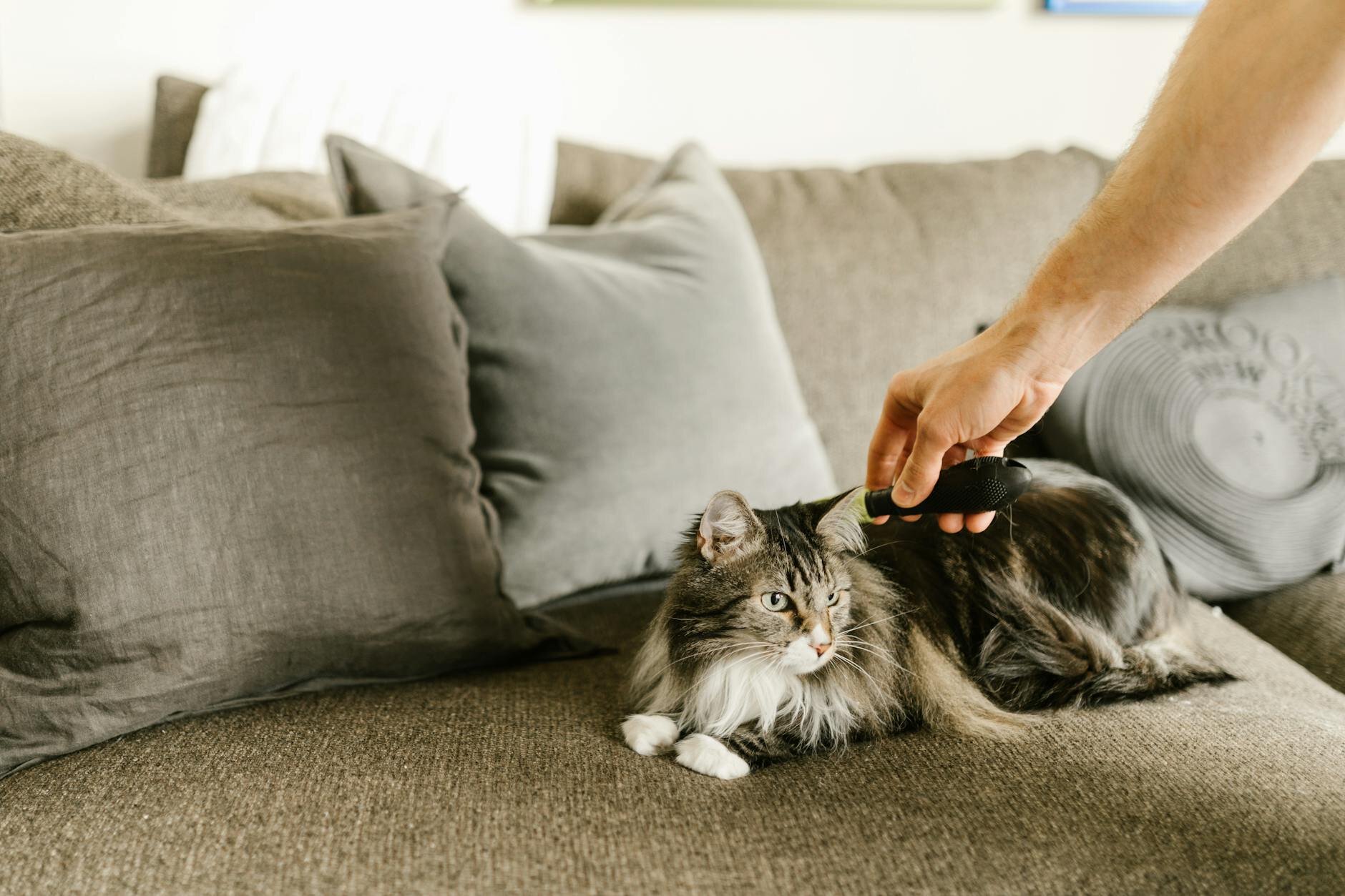
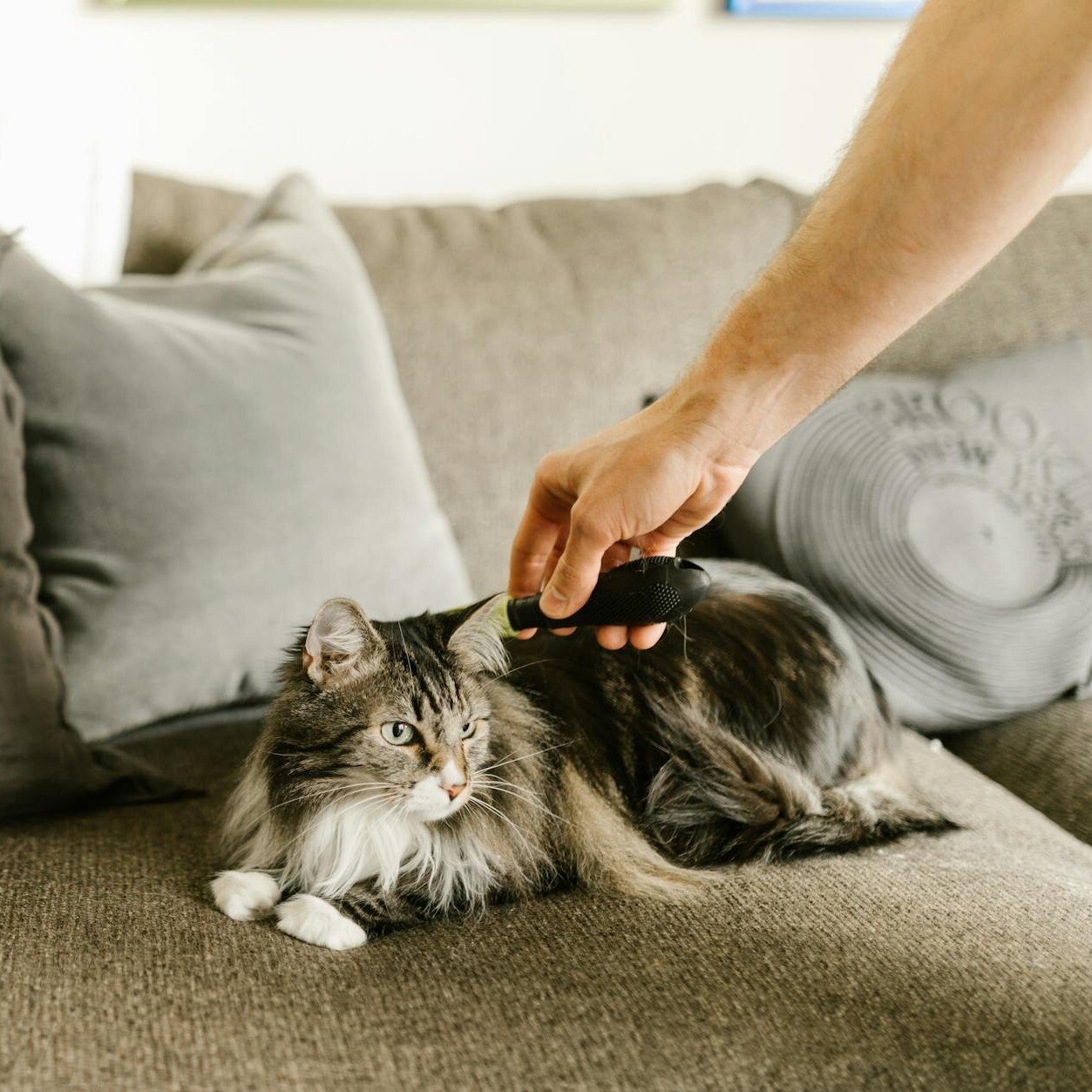

Grooming
Regular grooming is a crucial aspect of your cat's overall health care, as it not only removes loose fur and debris to prevent painful mats but also stimulates circulation for healthier skin while strengthening the bond you share.
Best grooming products for Maine Coons
The Maine Coon has long fur designed for insulation against snow. However, despite this dense fur, their grooming requirement is surprisingly low maintenance as they are generally adept at grooming themselves. They may benefit from brushing once per week, and we recommend using a wire slicker brush. Try to start as early in life as possible so they become accustomed to the sensation of being brushed.
What to look for
Gentle massaging curry comb for your daily grooming ritual
Slicker brush for weekly brushing and detangling
Pet friendly wipes for spot cleanups around the eyes and rear end
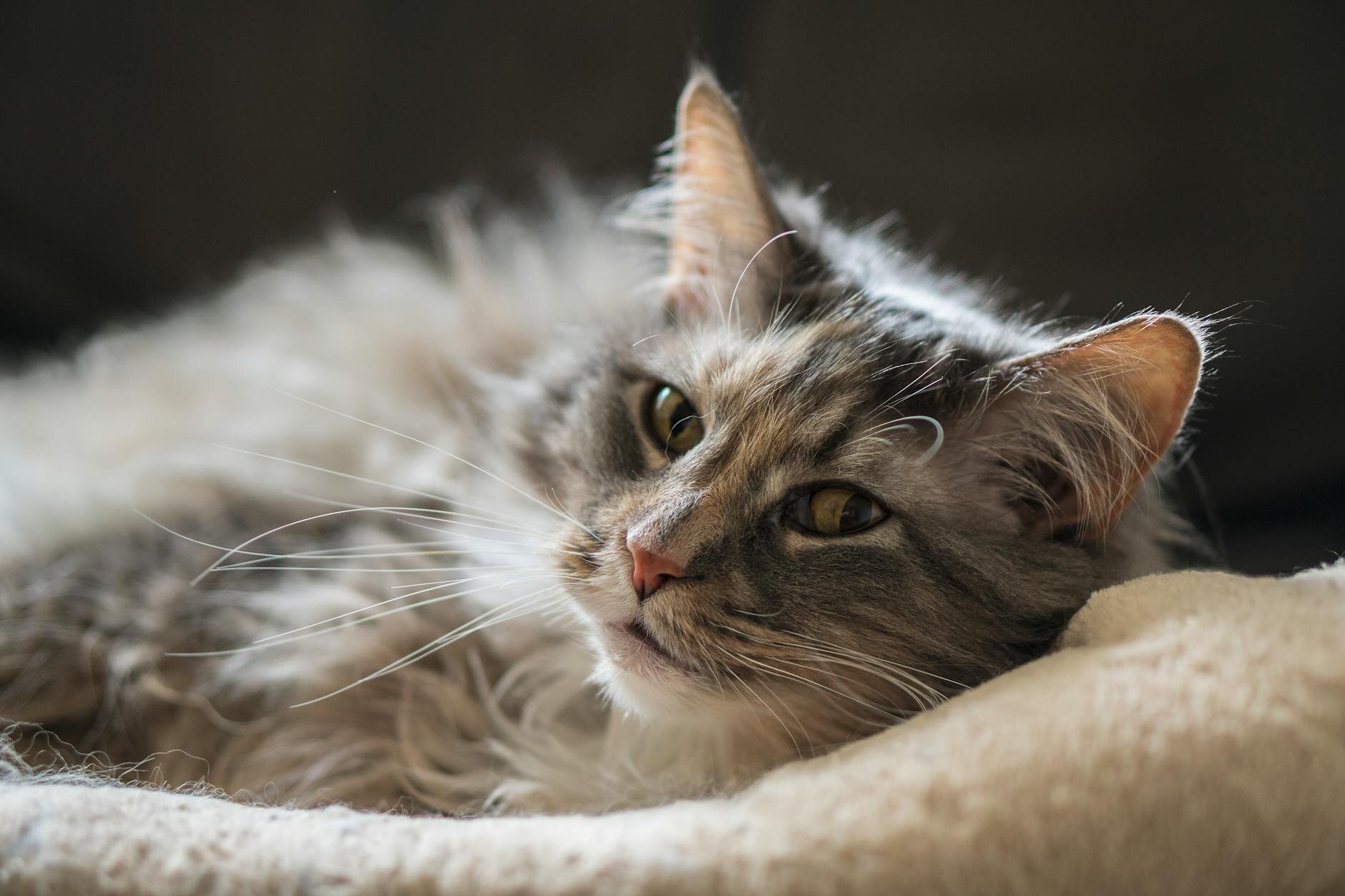
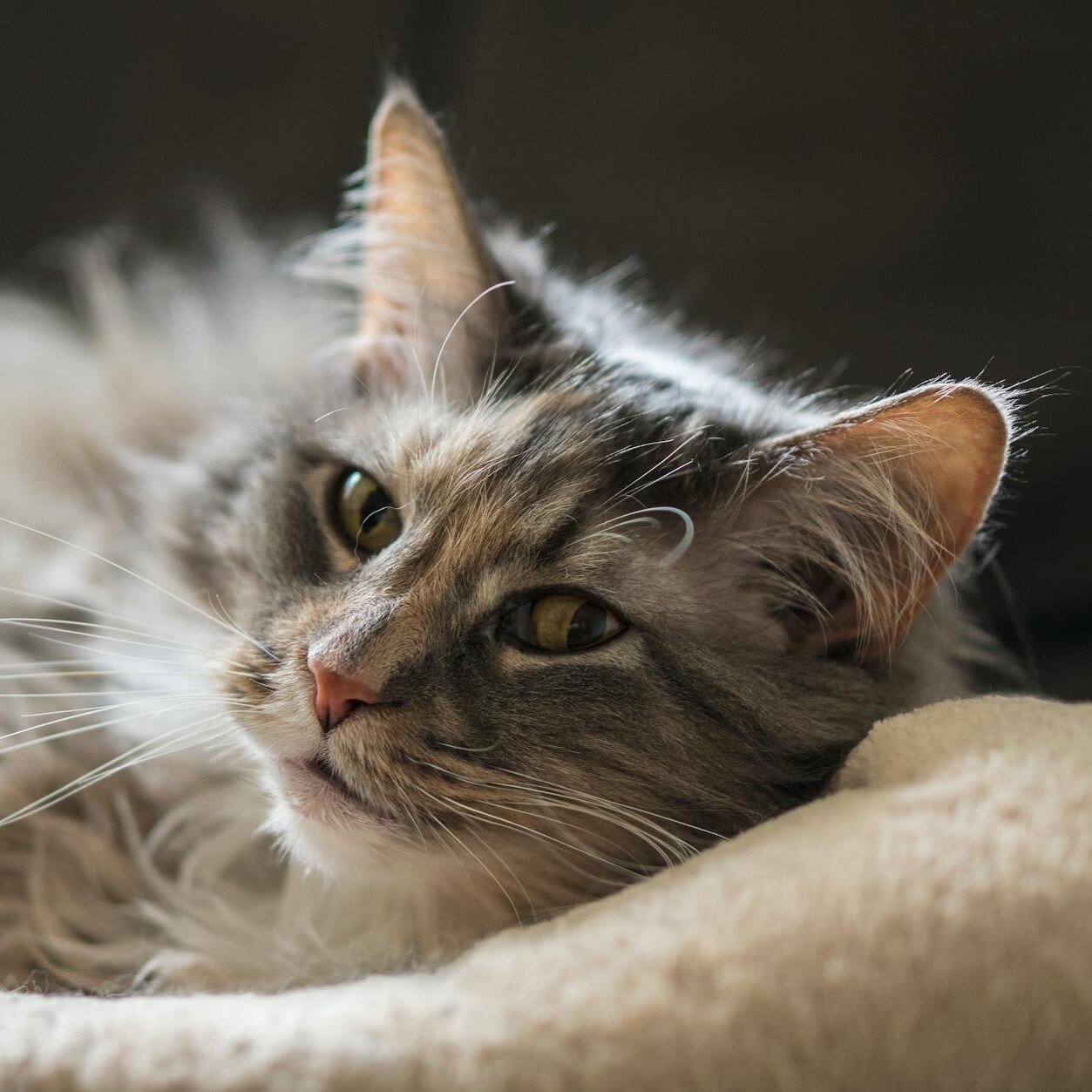

Sleep, travel and home
Creating a comfortable and stimulating environment for your Maine Coon at home, such as providing scratching posts, cat trees, and interactive toys, is crucial for their physical and mental well-being. When travelling, using a secure carrier or harness and gradually introducing them to new environments can minimise stress and ensure a positive experience.
Best beds and cat trees for Maine Coons
To ensure your Maine Coon cat remains happy and healthy, it's essential to create an enriching and welcoming home environment. Satisfy their natural instinct to climb and observe their surroundings by providing vertical spaces such as cat trees, shelves, or wall-mounted platforms, which offer excellent exercise and help alleviate boredom and stress. Additionally, offer secure retreats like cosy beds, cat houses, or even simple cardboard boxes, giving them a safe and quiet place to rest and feel secure.
What to look for
Elevated platforms such as shelves and window hammocks to add vertical space
Cat trees with multiple platforms
Hideaway beds for a secluded, quiet sleeping place
Best travel accessories for Maine Coons
Maine Coons' relaxed temperament often makes them excellent travel companions, but their safety and comfort during transit are paramount. For any journey, secure your cat in a suitable carrier or a well-fitted, vest-style harness, the latter being essential for any outdoor excursions to prevent escape and reduce stress. While many confident cats enjoy the visibility and ventilation of carriers with mesh or clear windows, it's vital to monitor your cat's response; an anxious cat will feel more secure in a more enclosed carrier. For longer journeys or overnight stays, a larger, soft-sided crate offers a comfortable and safe space for your Maine Coon.
What to look for
Carriers and backpacks that give your cat a safe way to take in the world
Vest style harnesses with a detachable lead
Soft crates for longer trips and overnight stays

